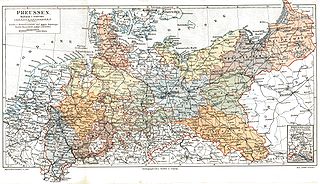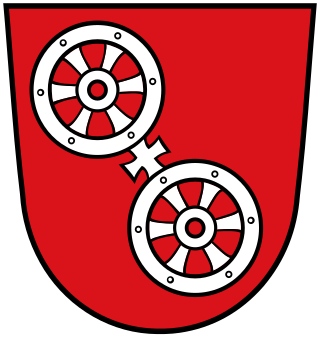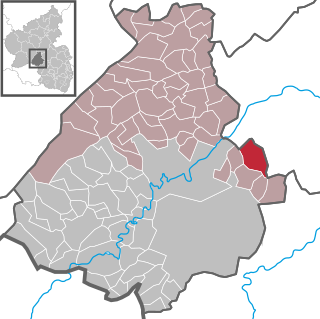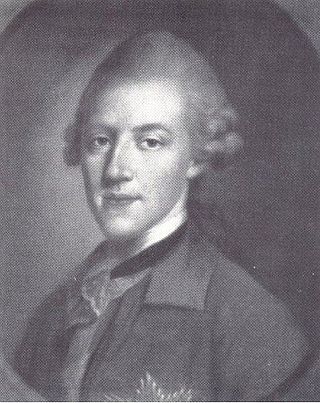
The Provinces of Prussia were the main administrative divisions of Prussia from 1815 to 1946. Prussia's province system was introduced in the Stein-Hardenberg Reforms in 1815, and were mostly organized from duchies and historical regions. Provinces were divided into several Regierungsbezirke, sub-divided into Kreise (districts), and then into Gemeinden (townships) at the lowest level. Provinces constituted the highest level of administration in the Kingdom of Prussia and Free State of Prussia until 1933, when Nazi Germany established de facto direct rule over provincial politics, and were formally abolished in 1946 following World War II. The Prussian provinces became the basis for many federal states of Germany, and the states of Brandenburg, Lower Saxony, and Schleswig-Holstein are direct successors of provinces.

Sky Airlines was an airline which operated chartered flights. It was based in Antalya, Turkey, operating on behalf of tour operators on short and medium haul routes into Turkey.

The German Emperor was the official title of the head of state and hereditary ruler of the German Empire. A specifically chosen term, it was introduced with the 1 January 1871 constitution and lasted until the official abdication of Wilhelm II on 9 November 1918. The Holy Roman Emperor is sometimes also called "German Emperor" when the historical context is clear, as derived from the Holy Roman Empire's official name of "Holy Roman Empire of the German Nation" from 1512.

Germany has an extensive number of tramway networks. Some of these networks have been upgraded to light rail standards, called Stadtbahn in German. Straßenbahn and Stadtbahn schemes are usually operated on the legal foundation of the BOStrab, the Tramways Act of Germany.

The approximately 5,400 railway stations in Germany that are owned and operated by the Deutsche Bahn subsidiary DB Station&Service are divided into seven categories, denoting the service level available at the station.

The Wheel of Mainz or Mainzer Rad, in German, was the coat of arms of the Archbishopric of Mainz and thus also of the Electorate of Mainz (Kurmainz), in Rhineland-Palatinate, Germany. It consists of a silver wheel with six spokes on a red background. The wheel can also be found in stonemasons' carvings and similar objects. Currently, the City of Mainz uses a double wheel connected by a silver cross.

Schmidthachenbach is an Ortsgemeinde – a municipality belonging to a Verbandsgemeinde, a kind of collective municipality – in the Birkenfeld district in Rhineland-Palatinate, Germany. It belongs to the Verbandsgemeinde Herrstein-Rhaunen, whose seat is in Herrstein.

Frederick V Louis William Christian, Landgrave of Hesse-Homburg was from 1751 to his death landgrave of Hesse-Homburg.

Klassik Radio is a radio station in Germany. It specialises in classical music, Film music and Lounge music. The channel is receivable in over 300 German cities via FM, throughout Germany via cable, and in Europe via satellite. It is also worldwide streamed on the internet. At the start of the new national DAB standard DAB+ on 1 August 2011 Klassik Radio gained an additional technical range of 53.5 million households in the whole country. Klassik Radio is a subsidiary company of Klassik Radio Inc. located in Augsburg. The broadcasting centre is based in Hamburg.

The terms landwehr, landgraben and landhege refer to border demarcations or border defences and enclosures in Central Europe that were either built by settlements with the right of enclosure or to mark and defend entire territories. These measures, usually comprising earthworks or dykes as well as ditches and impenetrable lines of hedging, for protecting towns and villages date mainly to the High and Late Middle Ages and consist, in some cases, of systems over a hundred kilometres long. Comparable earthworks have been recorded since Antiquity. The Roman limes are the best known examples of earlier landwehrs. The Danewerk is another example of this type of barrier.
Verein für Leibesübungen is a common prefix part of the name for German sports clubs. It can refer to: